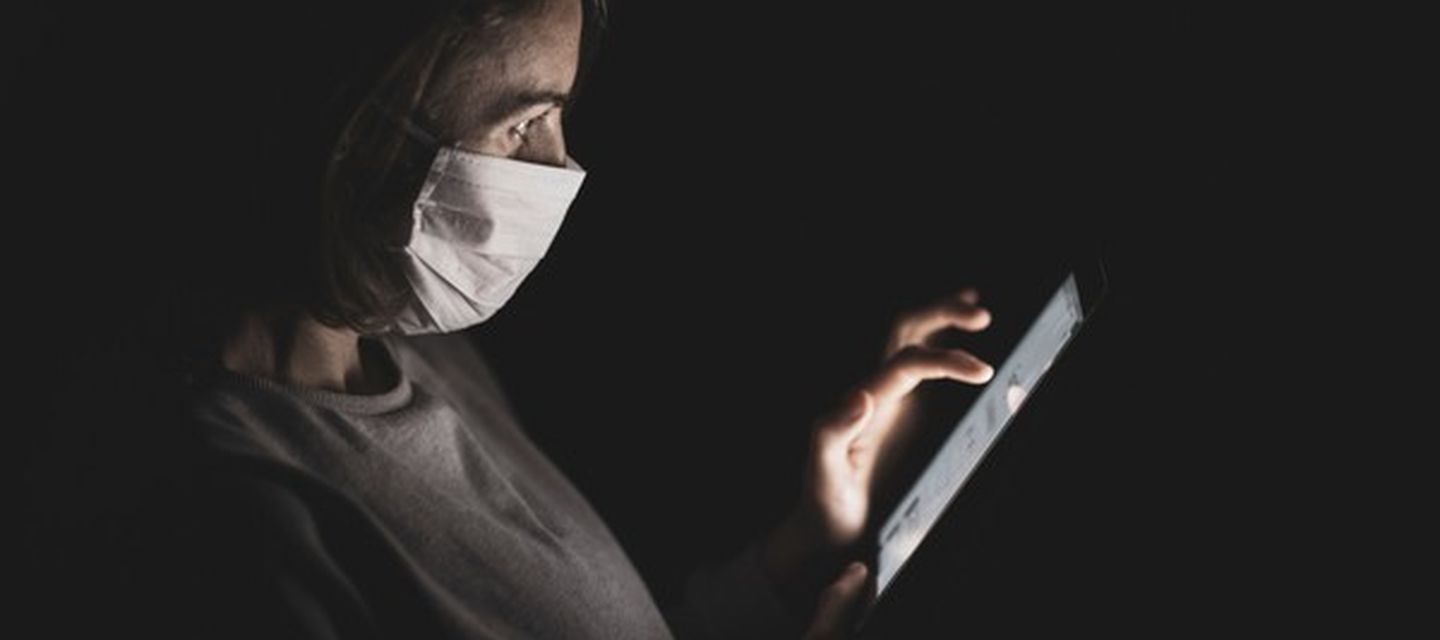
The Science of Conspiracies
In times of COVID-19, trust in science has become crucial for the world’s well-being. In the day and age of the internet however, we are often exposed to the opinions of those who reject scientific findings. In this BètaBreak edition we examine how conspiracy theories evolve and analyse the concerns they invoke from a scientific perspective.
Conspiracy theories are of all times, but the COVID-19 pandemic offers an interesting framework to explore the mechanisms behind them. How do conspiracy theories evolve, and how grounded are the concerns from a scientific perspective? And if we go beyond those questions, how do we as scientists contribute to the proliferation of these theories, and how can we improve?
Science communication is the bridge between science and the larger public, and as a science on its own, it is currently being tested. The stakes are high and the scale on which communication takes place is enormous. A complicated interaction between scientists, science communicators, governments and citizens arises – and somewhere in this mix, conspiracy theories develop. In times of a global pandemic, conspiracy theories have the potential to harm global health, and it is essential to evaluate our role as scientists and science communicators in the development thereof.
About the BètaBreak
The BètaBreak is a monthly science platform of the Faculty of Science of the UvA. Every month different experts are invited to speak about the latest developments in science. Former editions discussed themes such as cultured meat, nuclear energy and psychedelics. The BètaBreak seeks to analyse various scientific topics from an interdisciplinary perspective. The platform has had the honour to welcome guests as Robbert Dijkgraaf, Eric Verlinde and Nobel Prize laureate Ben Feringa. For more information, go to: www.betabreak.org
About the speakers
Daniëlle Timmermans is a professor of Public and Occupational Health at UMC Amsterdam. Here, she focuses on risk perception and risk communication in relation to health. Additionally, she is the head of RISC Amsterdam, which is the leading research group on perception and communication of health risks. As a psychologist, she investigates how people experience and understand information about health risks, and how to foster informed judgement on decision making when it comes to healthcare.
Bastiaan Rutjens is an assistant professor in Social Psychology, where he runs the PsySci lab. He takes great interest in the psychology of science and has published specifically on the phenomenon of science skepticism in times of Covid-19. Various psychological processes are at play in the decision to adhere to conspiracy theories, and Rutjens has studied these processes in various contexts.
:rgb(-15)
